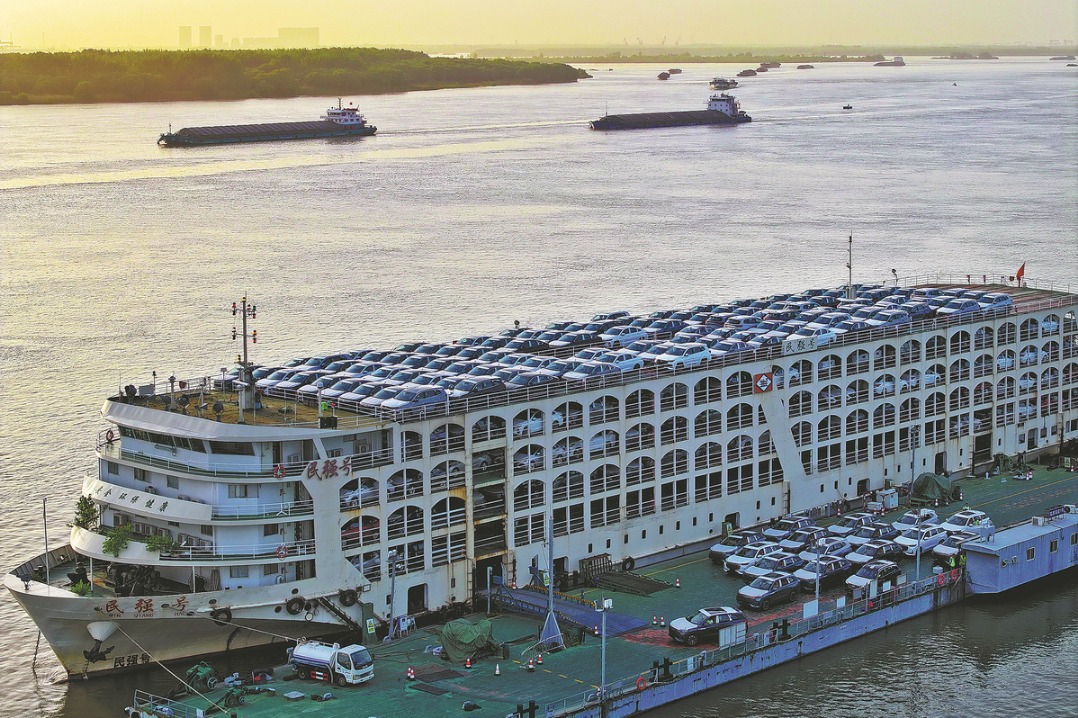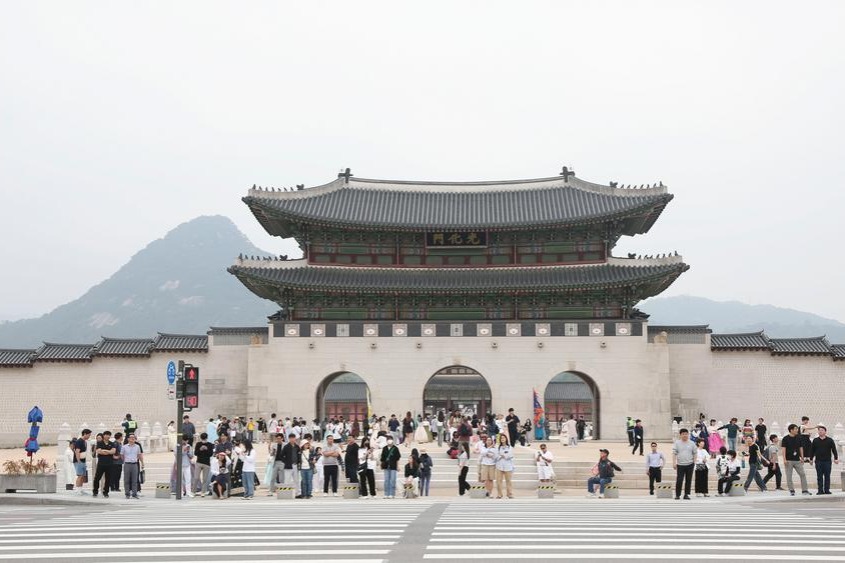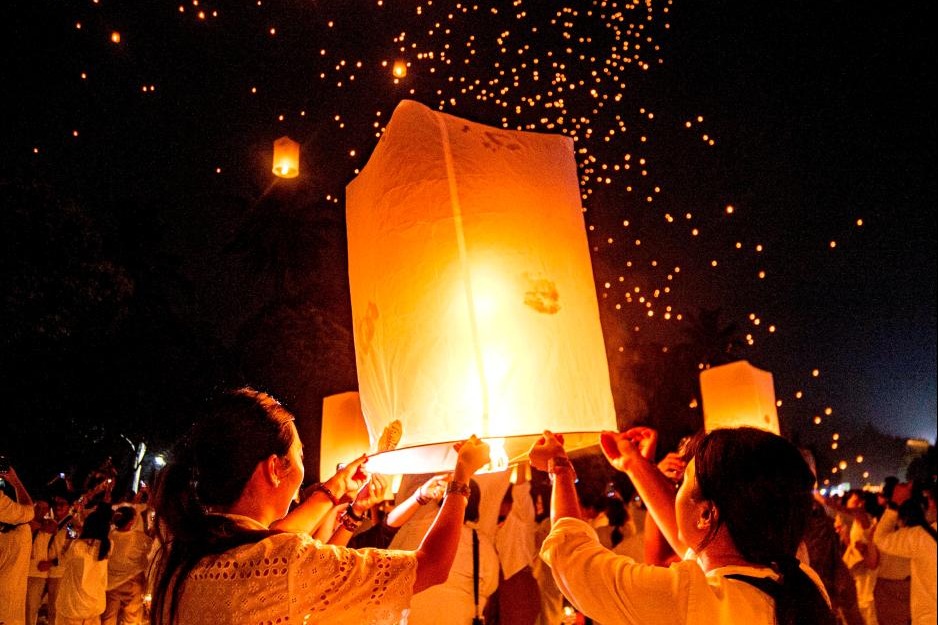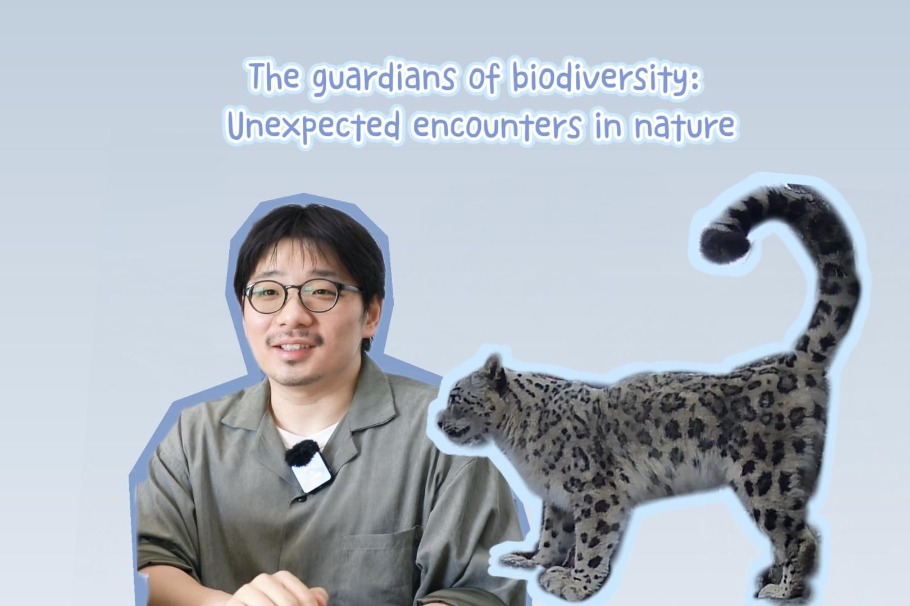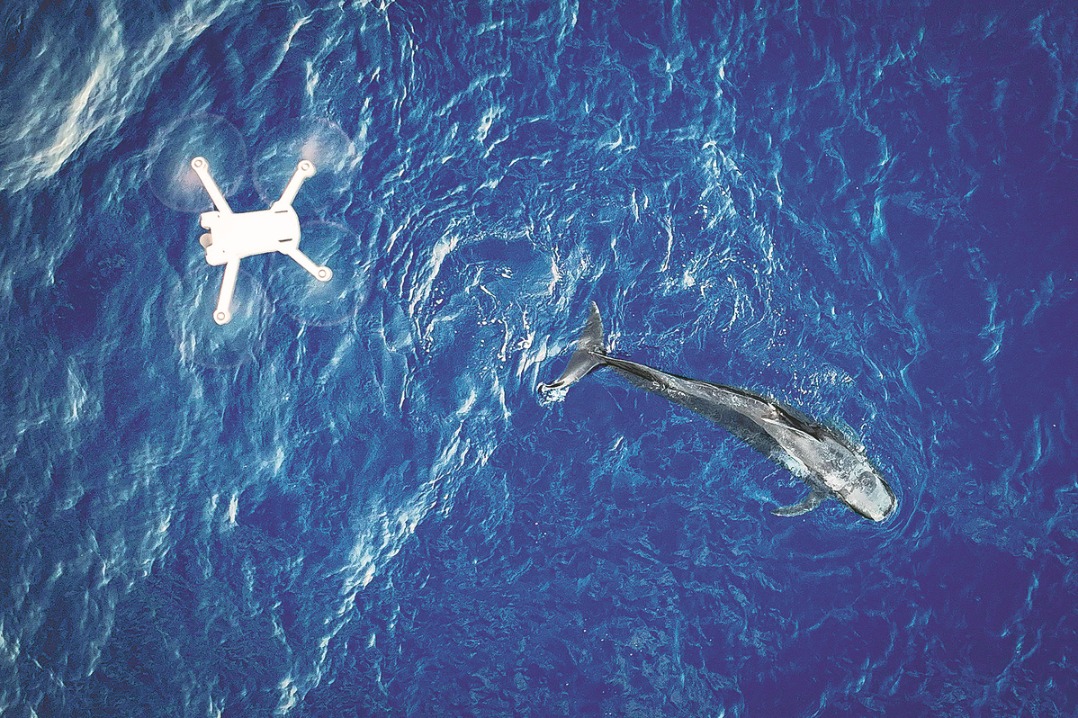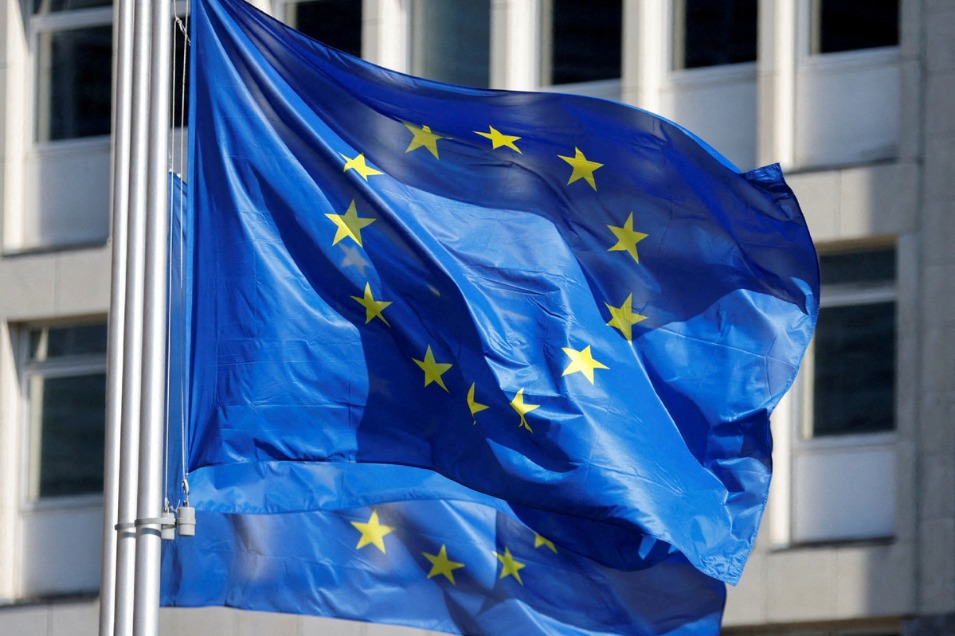Shanghai tries to tame wild English translations
By Cao Chen | China Daily | Updated: 2017-12-20 09:16
Amid Shanghai's ongoing battle against signs and public advertisements with poor English translations, things can still get wild-as on the website of the Shanghai Wild Animal Park.
The name of the park appears three ways: Shanghai Wild Animal Park, Shanghai Wildlife Park and Shanghai Wild Park.
In its introduction, which intends to show visitors that a large number of wild animals live in the park, and that tourists can get a great view of them, the translation is rendered: "large populations on show" and "tourists would be in close contact with animals".
On the web page dealing with frequently asked questions, some questions are translated into English word-for-word in the word order of Chinese. For instance, "Where can soldiers and the disabled get free tickets to the park?" is rendered: "Soldiers where can free, disabled into the park".
After a university student reported the problems, the park promised to fix the baffling translations and update its English website as soon as possible.
But experts say increased awareness of the importance of proper translation is the key to preventing poor English translations from cropping up in the first place. Bad translation works against Shanghai's effort to become an international city, they say.
According to experts at the Shanghai Commission for the Management of Language Use, the main mistakes on public signs and ads include incorrect grammar, misspellings and "Chinglish"-a poor translation of Chinese into English with inappropriate wording.
To regulate translations, Shanghai released a standard in 2009 on the Chinese-English translation of terms in public places. That was in preparation for the Shanghai International Expo.
In 2015, the city enacted the first government regulation in the country for appropriate use of foreign languages and established an online platform for the public to obtain correct translations and report inaccurate ones.
Many college students in Shanghai have volunteered to check English translations in the city's public places. They take pictures and report the mistakes.
However, poor translations are still prevalent. After reports of poor translations found on the website of Shanghai Wild Animal Park, many netizens have brought up other cases they've discovered in popular tourist destinations, such as Shanghai Jinjiang Park.
Chai Mingjiong, honorary president of the Graduate Institute of Interpretation and Translation at Shanghai International Studies University, believes a systematic approach is needed to ensure clean translations in public spaces.
"With the popularization of English language education in China, too many people mistakenly think that anyone who can speak English must be a good translator," Chai said. "We need more policies and norms, either regionally or nationally, to verify all Chinese-English translations before they are shown in public places."
Chai considered it "a huge step forward to emphasize the significance of Chinese-English translation in public spaces" when the country enacted a national standard on Dec 1 to set principles for translations in 13 public-service sectors, including transportation, culture and healthcare.
The standard was jointly released in June by China's Standardization Administration, the Ministry of Education and the State Language Commission. Chai was one of the research experts for the standard.
Under the standard, English terms everywhere in Shanghai that offers services to the public-especially newly established venues, such as Shanghai Disneyland Resort-should be examined by their corresponding authorities, including local tourism administration offices, language commissions or other translation experts.
"It will be a long-term project to specify Chinese-English translation and implement the standard across the whole country," Chai said. "But it is absolutely necessary to help the public be aware of the importance of translation in international communication."





